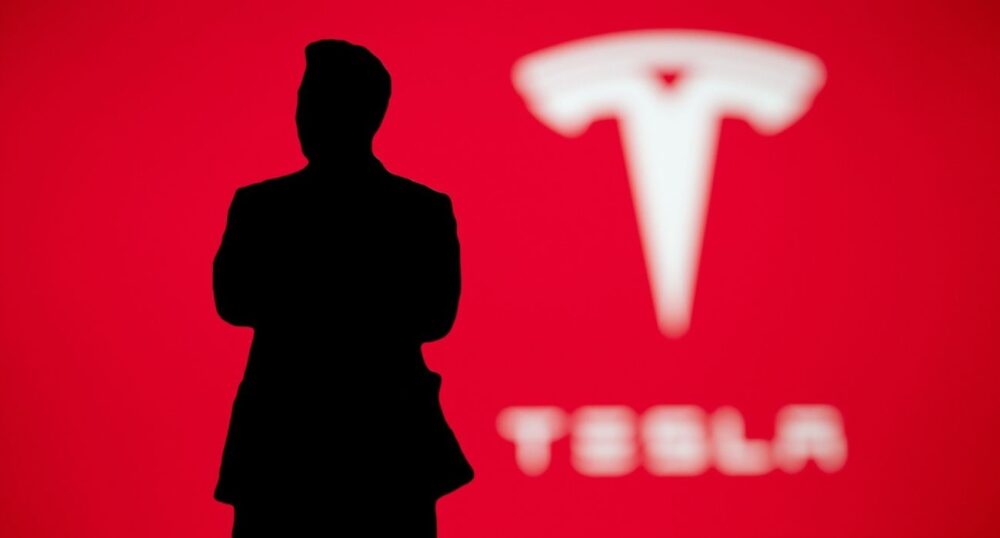The Lone Star State could become the new home of electric vehicle producer Tesla if shareholders agree to the move.
Elon Musk said he wants to switch Tesla’s state of incorporation to Texas, home of its physical headquarters, following a Delaware judge’s decision to strike down a compensation package that would have awarded him $55.8 billion for meeting key company growth targets.
In response to Chancellor Kathaleen McCormick’s decision, Musk took to social media to write, “Never incorporate your company in the state of Delaware.”
Social media users appear to overwhelmingly support the proposition, with 87.1% voting in favor of Tesla legally registering in the Lone Star State, according to a public poll conducted by Musk on X (formerly Twitter). Just under 13% said they believe Tesla should stay incorporated in Delaware.
“The public vote is unequivocally in favor of Texas!” Musk wrote in a follow-up post. “Tesla will move immediately to hold a shareholder vote to transfer state of incorporation to Texas.”
Musk already has an enormous presence in Texas due to the state’s pro-business attitude, regulation environment, and minimal tax burden.
Not only is the Lone Star State home to Space X, Tesla’s Gigafactory Texas, and Tesla’s new in-house lithium refinery, but Musk is also planning to build his own company town for employees, as well as a new STEM university in Austin, as previously reported by The Dallas Express.
Musk has also been a strong advocate for securing Texas’ southern border, having recently live-streamed his visit to Eagle Pass amid the ongoing unlawful migration crisis.
Although Musk was denied his nearly $56 billion compensation package, Tesla’s board can appeal the decision to the Delaware Supreme Court, according to Charles Elson, a corporate governance expert at the University of Delaware.
“Rarely, if ever, does a Delaware court rescind a compensation agreement,” said Elson, per The Wall Street Journal. “To my memory, it hasn’t happened.”
According to McCormick’s ruling, the compensation plan was voided because the court felt Musk was too involved and controlled too much of the company for its board of directors to make an independent assessment as to a fair plan.
In her post-trial opinion, McCormick wrote, “The collection of features characterizing Musk’s relationship with Tesla and its directors gave him enormous influence over Tesla. In addition to his 21.9% equity stake, Musk was the paradigmatic ‘Superstar CEO,’ who held some of the most influential corporate positions (CEO, Chair, and founder), enjoyed thick ties with the directors tasked with negotiating on behalf of Tesla, and dominated the process that led to board approval of his compensation plan. At least as to this transaction, Musk controlled Tesla.”
In the end, the court found that the process leading to the approval of Musk’s compensation plan was “deeply flawed.”

